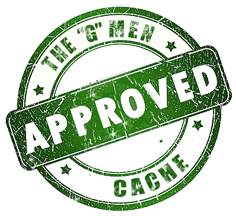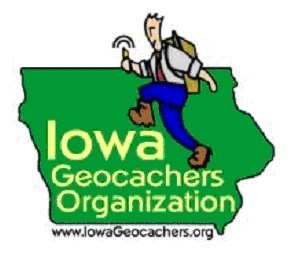On the Iowa frontier in the 1830s and 1840s, there were Indian leaders of regional and even national recognition. Among them were the Sauk chief Keokuk, the Meskwaki Wapello, and a handful of others. One of the most important, but sometimes overlooked, was Meskwaki Chief Poweshiek, who became the namesake for an Iowa county.
In certain respects, he was second only to Keokuk, though Poweshiek would rise eventually to dominate the Meskwaki tribe. And like his sometimes ally and rival, Keokuk, he faced a collection of problems that determined the unhappy fate of his people and partially sullied his own reputation.
Poweshiek was born between 1787 and 1790 — the dates vary — in a Meskwaki village on the Rock River in Illinois close to the Mississippi River. He was reputably the grandson of Muck-e-te-nan or Black Thunder, one of the greatest Meskwaki chiefs.
Poweshiek was a large man, most described him as weighing about 250 pounds. However, opinions differed about his character and personality.
A history of Poweshiek County published in 1880 states that Poweshiek had “a disposition full of exactness and arrogance” and was “blunt and outspoken.” A 1910 Scott County history called him a “striking specimen of his race,” remarking that, “those who knew him called him a man of great energy, a wise counselor and the soul of honor” who “remembered kindness, and his word could be relied upon.”
Historian Perry Armstrong offered that Poweshiek “was not only witty but sharp as a whip in financial transactions.” Thomas McKenney, who had served as U.S. Commissioner of Indian Affairs, described Poweshiek as “not distinguished by brilliant talent” but a man “of prudence and capacity.” He further noted that Poweshiek was a daring warrior who was respected in council but overshadowed by the Sauk chief Keokuk.
Others said that he had a “passion for justice” and “his word was regarded as sacred.” Yet another commentator noted that he was of “good character, truthful and just, and ruled his Indians with an iron hand.” And Col. S.C. Trowbridge, who “became an intimate friend” of Poweshiek’s, in 1837 described him as “a fat lazy man, weighing about 250 pounds, and fond of whisky; often drunk. He had a strong sense of justice, and was brave, true to his word and faithful to a friend. His word was sacred … He was rather slow to be aroused, but when fairly aroused to action, showed a great deal of energy and force of character, combined with a fair degree of executive talent and judicial facility … He was on the whole, rather a noble specimen of the American red man.”
After a few chiefs influenced by alcohol signed away Sauk and Meskwaki lands in Illinois in 1804, Poweshiek’s group of Meskwakis were some of the first to move across the Mississippi onto the Iowa side of the river, joining other Meskwakis who had earlier settled in Iowa, coming down from the Wisconsin region and operating their lead mines with Julian Dubuque, the so-called Mines of Spain.
**Cache at your own risk**
Geocaching, hiking, backpacking and other outdoor activities involve risk to both persons and property. There are many variables including, but not limited to, weather, fitness level, terrain features and outdoor experience, that must be considered prior to seeking a Cache. Be prepared for your journey and be sure to check the current weather and conditions before heading outdoors. Always exercise common sense and caution.
**Remember to be good ambassadors to nature. We as geocachers have a responsibility to leave it as we found it, so others may enjoy nature's glory. Always replace the cache the way you found it, so others may enjoy the find.
For more on geocaching in Iowa, visit the Iowa Geocachers Organization home page 
